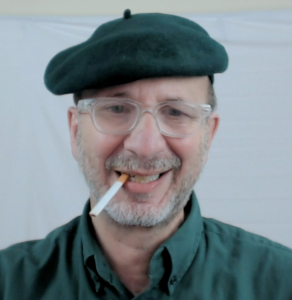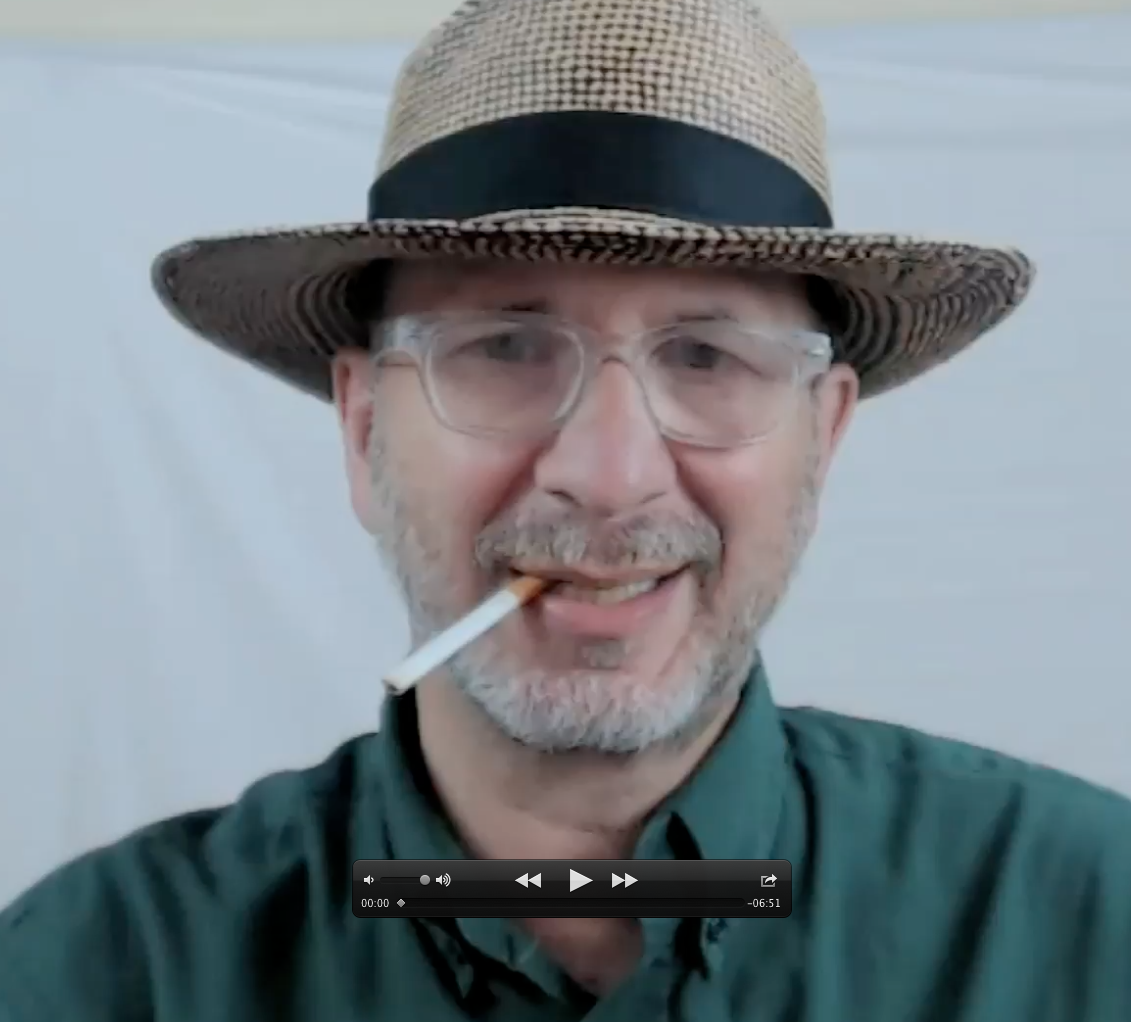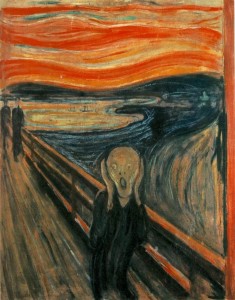 Out of the millions of people who smoke cigarettes probably not a single one of them knows why. Nor do the great majority of psychologists and psychiatrists understand why people smoke. Nor do the well-meaning folks at major health organizations, such as the American Cancer Society and the American Lung Association.
Out of the millions of people who smoke cigarettes probably not a single one of them knows why. Nor do the great majority of psychologists and psychiatrists understand why people smoke. Nor do the well-meaning folks at major health organizations, such as the American Cancer Society and the American Lung Association.
If you ask a so-called expert, he or she will offer you the familiar explanations, such as people smoke because they see other people smoking. There’s some truth there, but it’s merely a reductio ad absurdum argument, for it fails to explain why anyone smokes in the first place. Then there’s the dubious explanation that cigarettes are an oral fixation, but there’s lot of things that people could stick in their mouth. Why burning leaves?
Why, then, do people smoke? It was back in the 1930s that one of the great philosophers of the Twentieth Century solved the enigma. He analyzed smoking — and many other things as well — in a difficult book that few people read today. His explanation initially sounds far out. But when you think about it, you realize, by golly, he’s right!
Mes amis, it was Jean-Paul Sartre, the French existentialist. In “Being and Nothingness,” Sartre says that he would smoke everywhere, in the Parisian cafes, at the theater, on walks, and so on. The act of smoking made him feel free of the limits that he experienced everywhere he went. What sort of limits? There are, of course, the usual limits that we experience as finite beings. For example, we can’t fly, like a bird. We can’t be in two places at the same time.
But I think that Sartre was really referring to the limiting structures that the social world imposes on each of us. For example, especially if you live in the city, you find yourself waiting on line everywhere — in restaurants during lunch hour, in banks and being slowed down on the highway. And wherever you live, you’re required to deal with large bureaucratic organizations — from insurance companies to the Department of Motor Vehicles, from the tax department, to those that regulate how you do business. They all requires that you to complete long applications, comply with complex laws, and if you attempt to contact them with a question, you must, at the prompt dial three, and then enter your social security number, and so on. We encounter laws, regulations, rules and structures everywhere, which limit our freedom and oppose our will.
What, then, does cigarette smoking have to do with encountering these limiting structures? According to Sartre, the act of smoking is a destructive act. It destroys structures! How is this so? According to Sartre, to a smoker, a cigarette symbolizes the world, with all its many limits. Sounds far out, but I think he’s right.
The smoker sucks in the world, such that it no longer limits him. Smoking, then, is an anarchistic activity — Vive la Revolution — for the smoker symbolically seeks to destroy the entire world, and in so doing to attain freedom from the limits that the world imposes on him.
Now this is the thing: Obviously smoking doesn’t destroy anything, other than a cigarette and also one’s lungs. After completing the smoke, the world is still there in all its limits. You would think, then, that the smoker would abandon smoking, for it failed to accomplish what it promised to do, i.e., to destroy the world and all its limits, and set him free.
But instead, the smoker — just as anxious as before, and knowing full well the futility of the activity — anxiously grabs another cigarette. And this leads us to the mystery of addictions. It’s been rightly said that at every moment life asks us certain ultimate questions. One question is how can you be free? The destructive activity, known as cigarette smoking, is one such unsatisfactory answer to the question. And, although he doesn’t consciously realize it, the smoker’s answer is: “I can be free by symbolically destroying the world.”
Despite the inadequacy of the answer, a person continues to do it. And the reason why, as it all addictions, is that he or she continues to do it because, psychologically speaking, it seems better to do that which cannot work, than to admit to oneself that one has no answer to the question of how to be, how to be free as an individual in the world.
And so, take a look at your addictions. Are you addicted to smoking? To drinking? To gambling? To marijuana? To sweets or some other food? To watching TV? Are you addicted to another person whom you know is bad for you? Are you addicted to surfing the Web? Is it to watching the Louisville Cardinals or the Kentucky Wildcats?
Here, again, in all cases, an addiction is an answer to an ultimate question, one that fills us with anxiety. It’s an inadequate answer, but we continue to desire certain things or to engage in certain activities out of despair, because we don’t have a true answer. But if you realize what is really at issue with any addiction, you then have an opportunity to uncover the hidden question and to find a satisfactory answer. And yes, Sartre claimed that his analysis did free him of his smoking habit.
Here is a link to the video of which the abolve is, more of less, a transcript:


